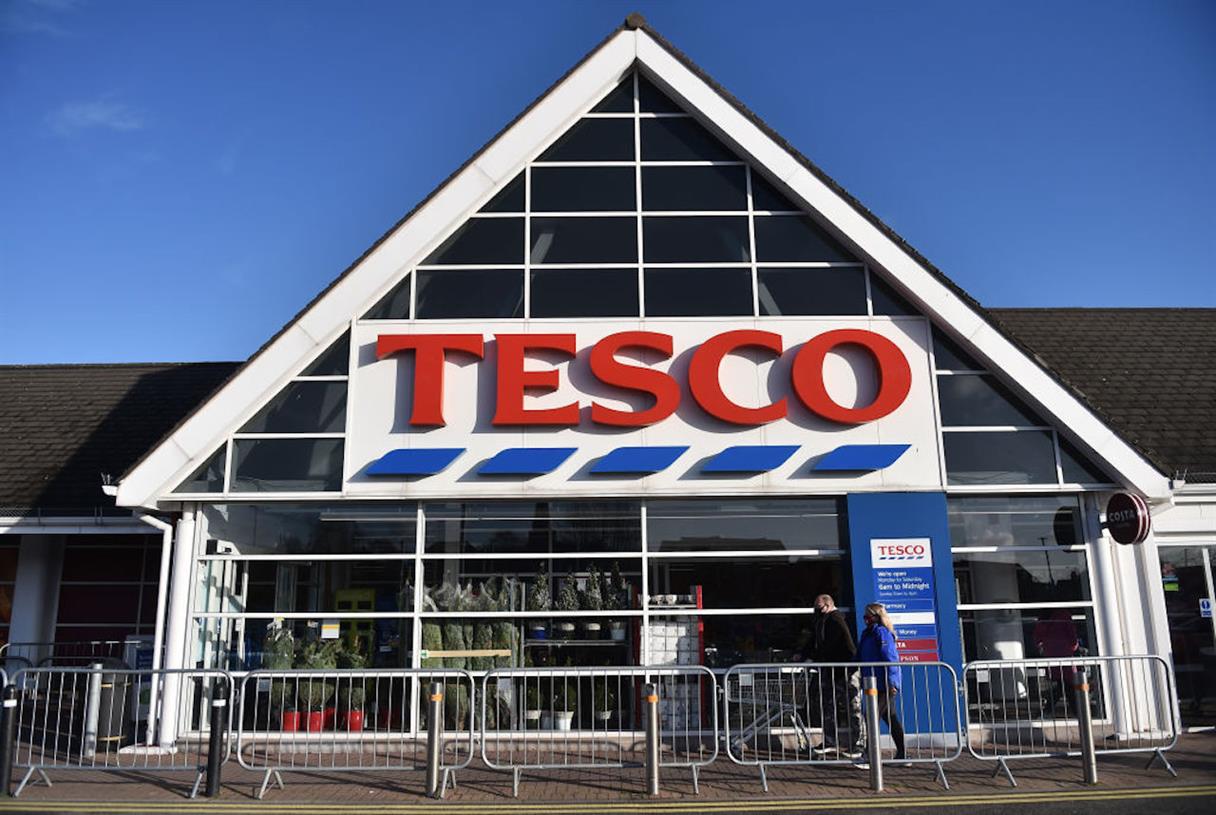Tesco, a British multinational supermarket, has joined forces with Keep Sea Blue, an international non-profit organization, to collect and recycle large amounts of plastic from coastal areas and use it for its fresh fish packaging. The partnership will focus on collecting a variety of plastics from at-risk coastal areas, such as beaches and communities within 10 km of the Mediterranean Sea.
Blockchain for transparency and traceability
To guarantee transparency and complete traceability throughout the process, the team has implemented a custom blockchain solution powered by Oracle Blockchain. Blockchain technology will enable Tesco to track the entire plastic collection process and recycling, providing a verifiable and immutable record of the plastic journey.
The use of blockchain technology in this initiative is a notable effort to address the increasing problem of plastic waste in the ocean. Currently, around 8 million pieces of plastic end up in the ocean each day, and there are now an alarming 5.25 trillion macro and micro pieces of plastic in the world’s oceans. This leads to the death of millions of aquatic animals every year.

Reducing plastic waste
Through this innovative blockchain-powered ocean plastic recycling initiative, Tesco hopes to remove around 500 metric tonnes of plastic waste from the environment annually and decrease the amount of ‘virgin plastic’ used in its food packaging. The supermarket’s goal is to reduce the amount of new plastic used in its business and reuse coastal plastic in its fish packaging.
Blockchain adoption in recycling efforts
Tesco’s use of blockchain technology for this initiative is not the first time the technology is being used for recycling purposes. Other companies, such as IBM Japan and Security Matters (SMX), have also leveraged its immutability feature for their recycling efforts. This implementation of blockchain technology in Tesco’s recycling initiative is a significant step forward in promoting transparency and traceability in the recycling industry.
 Zzullerr
Zzullerr













